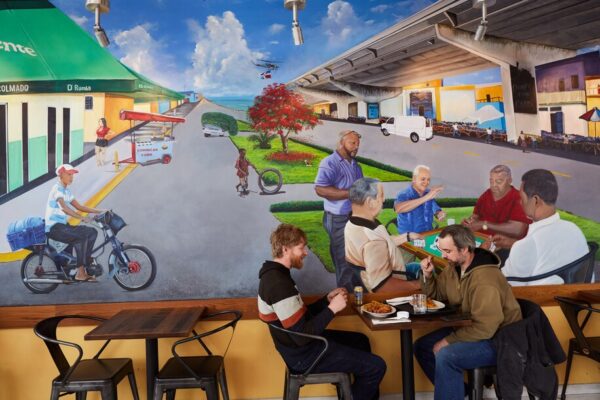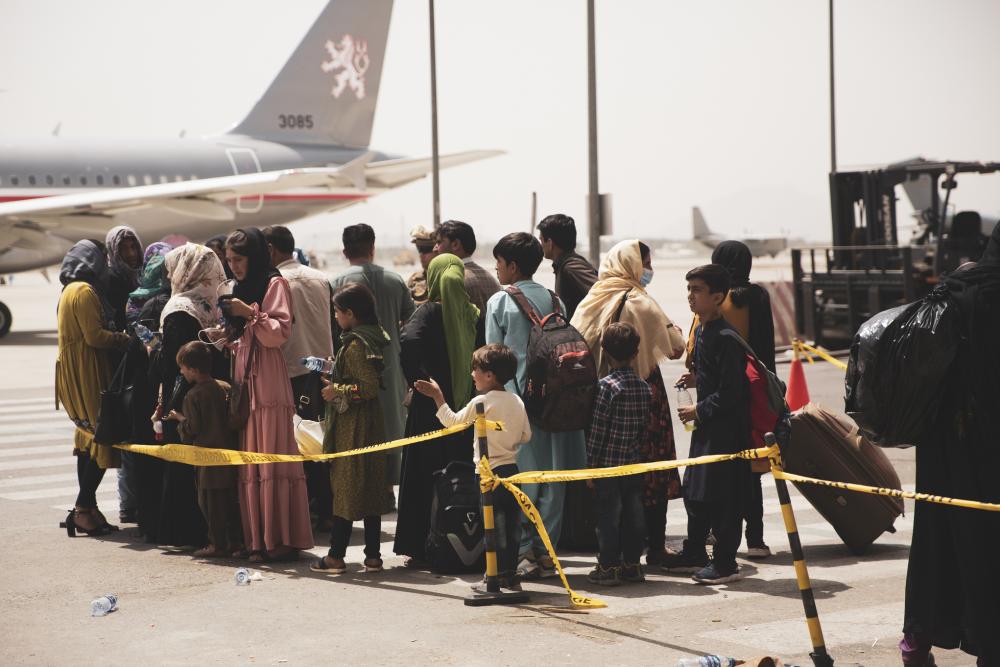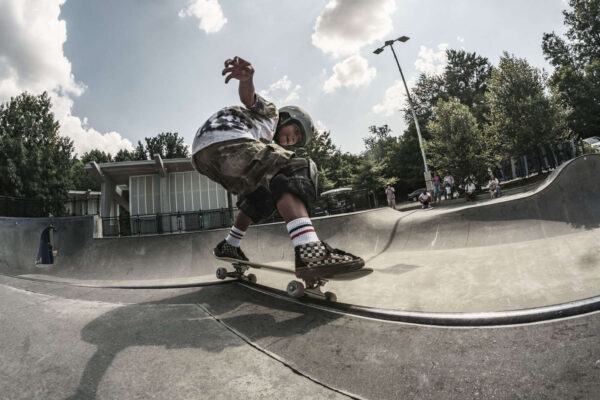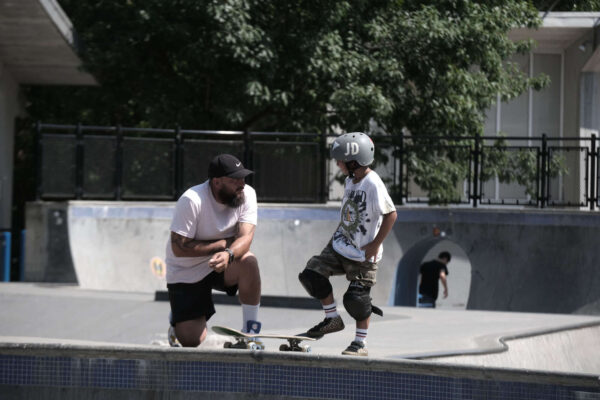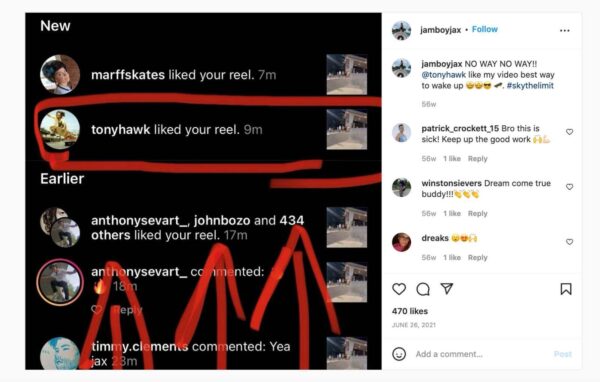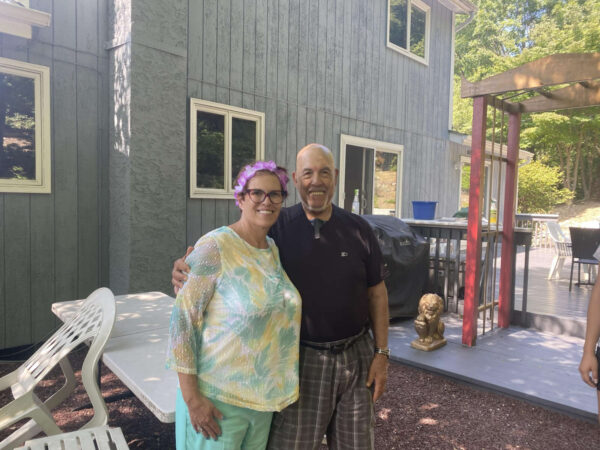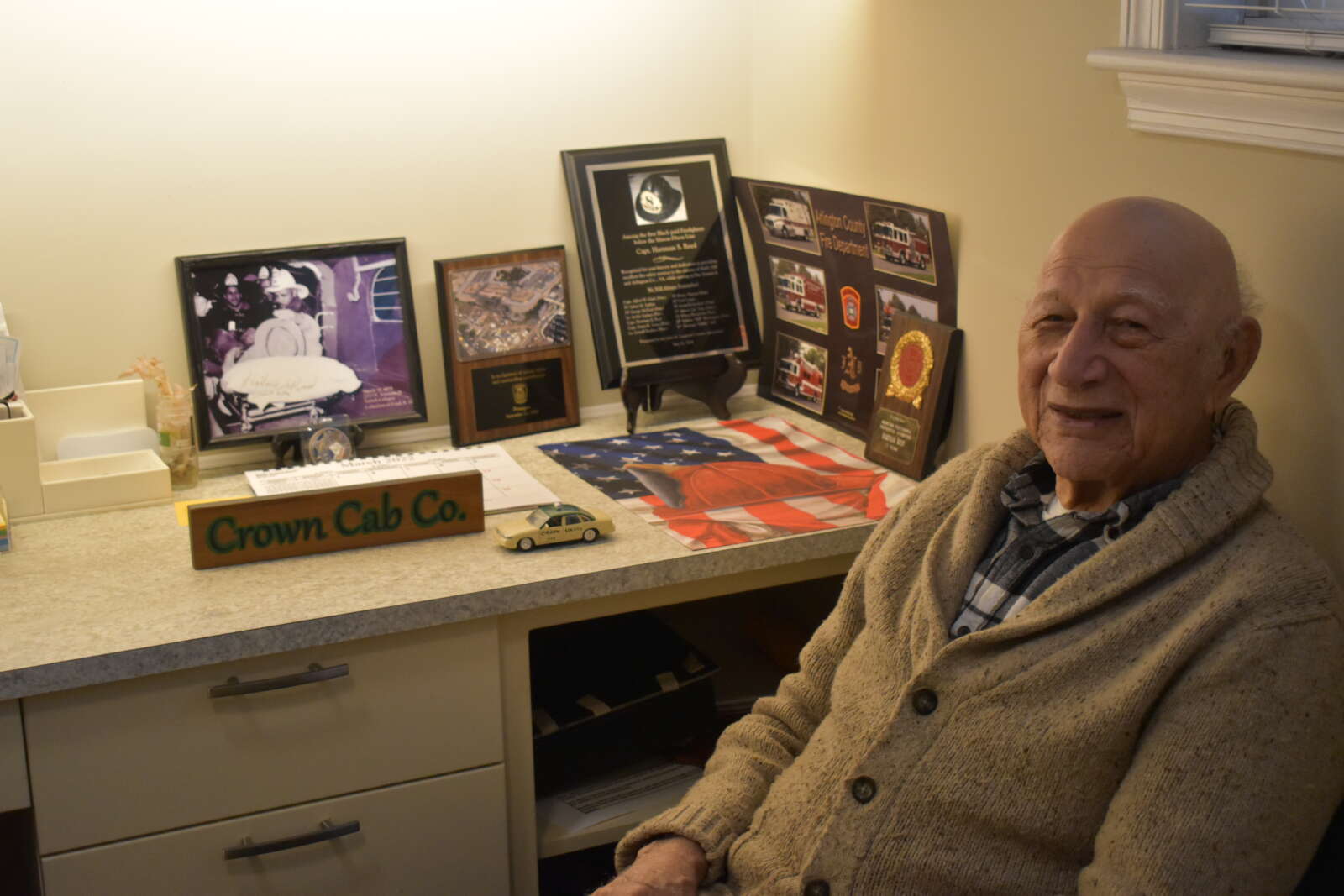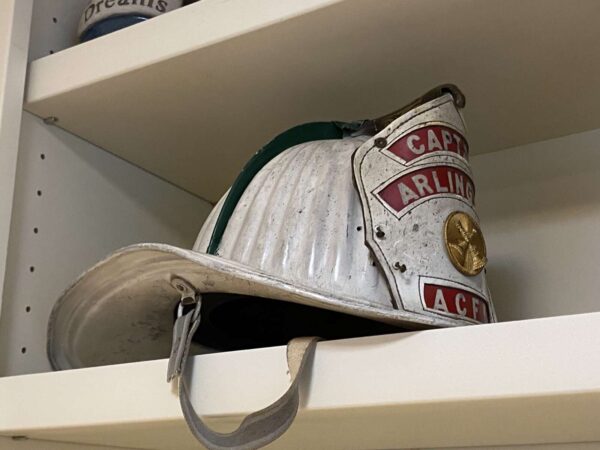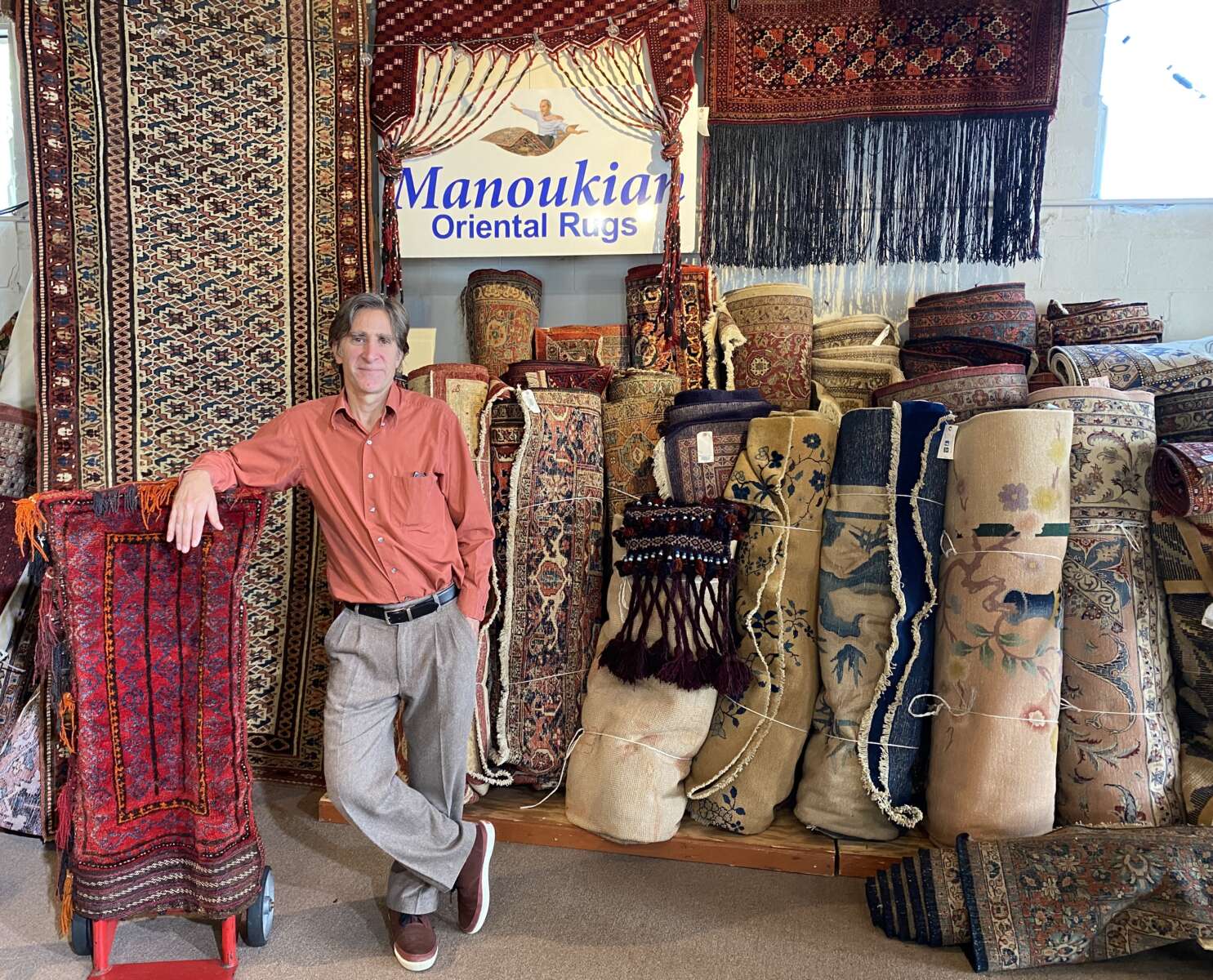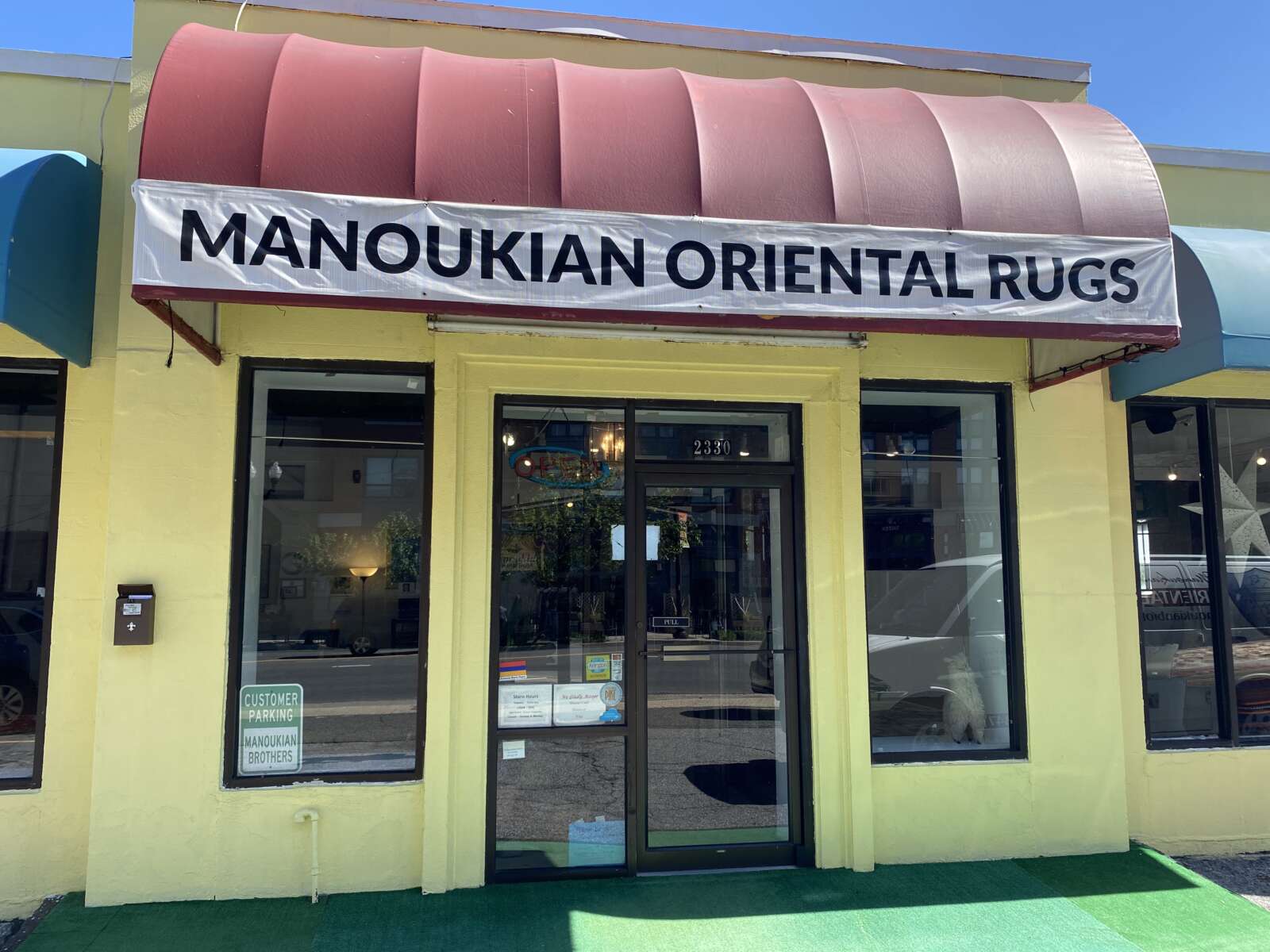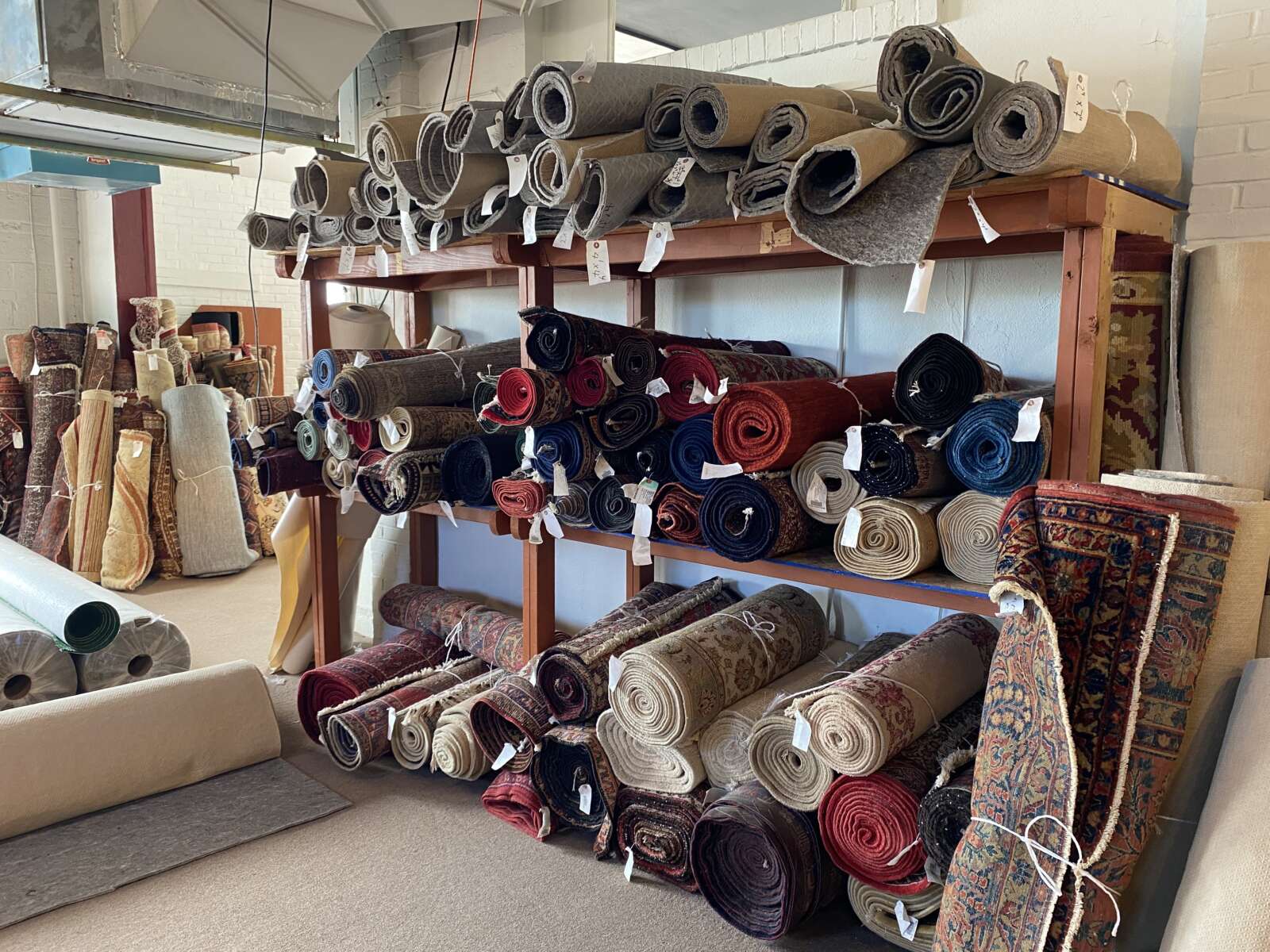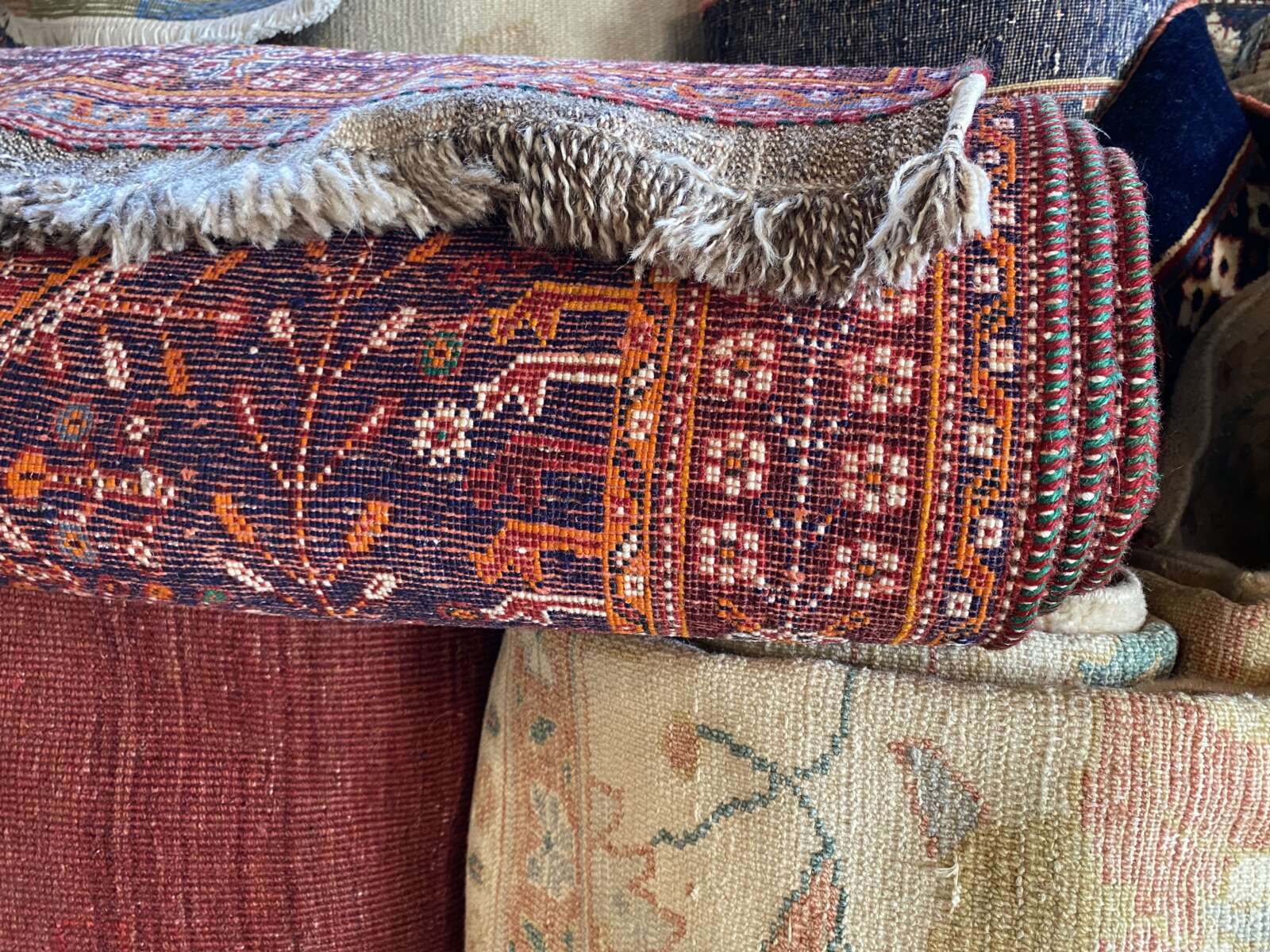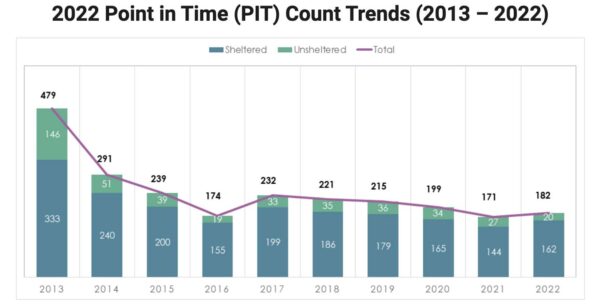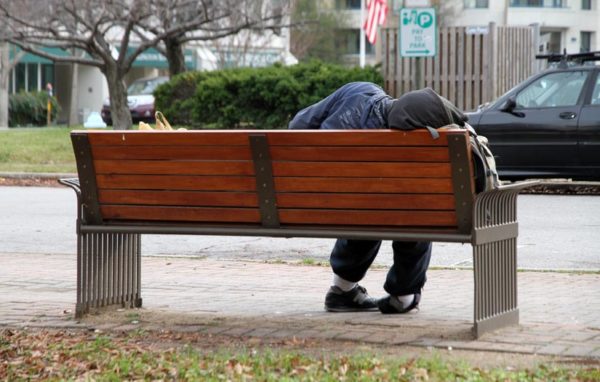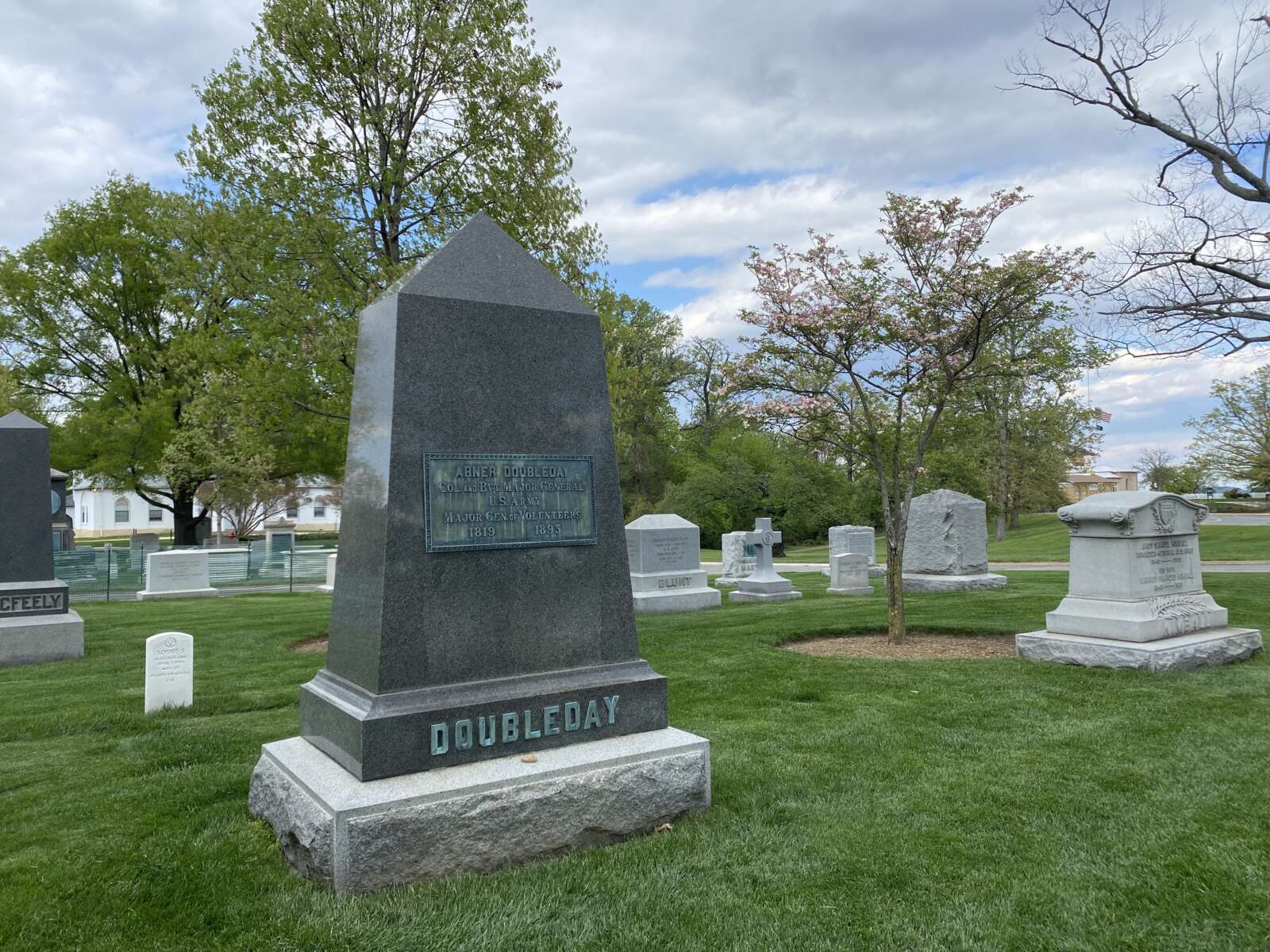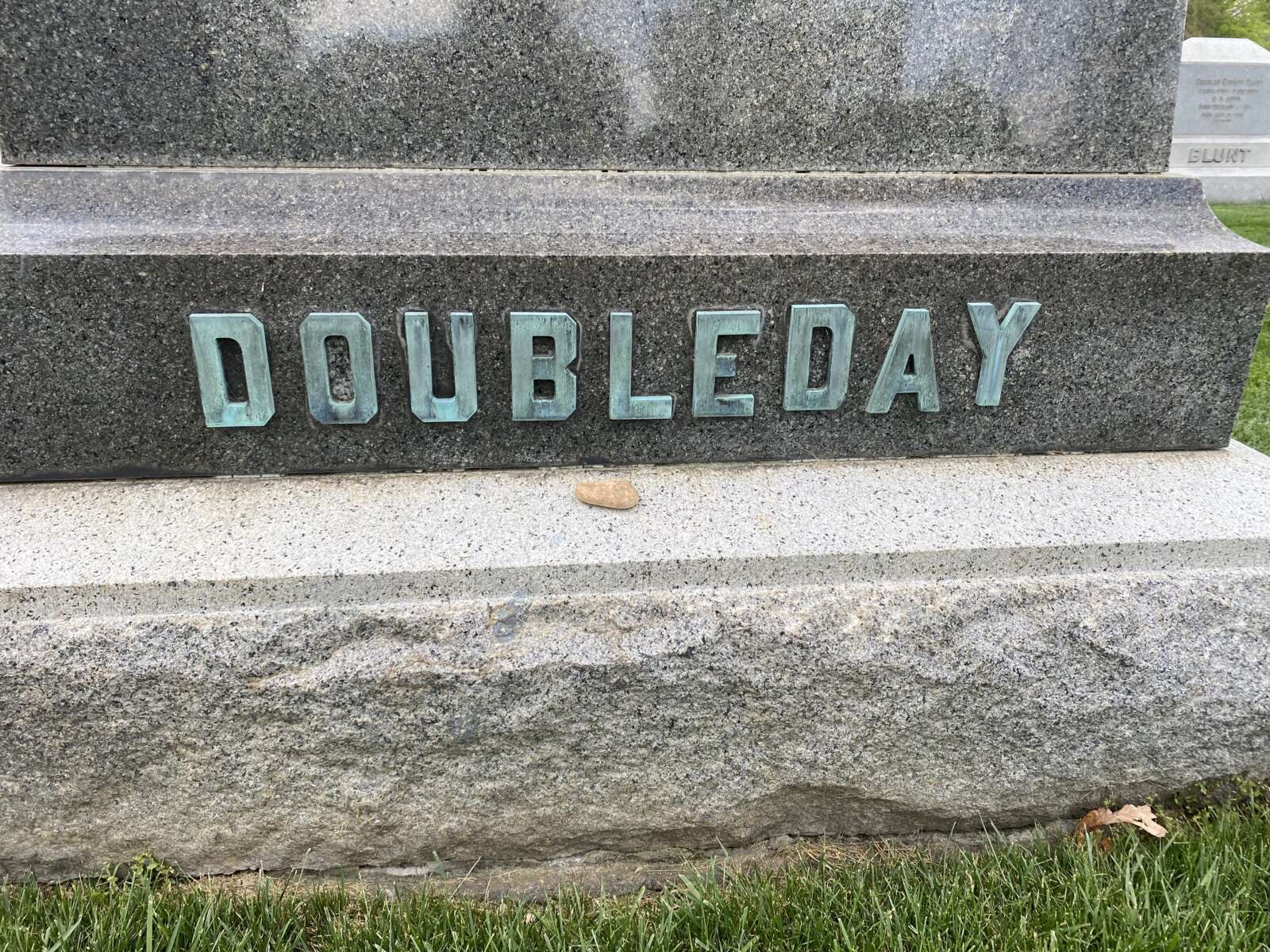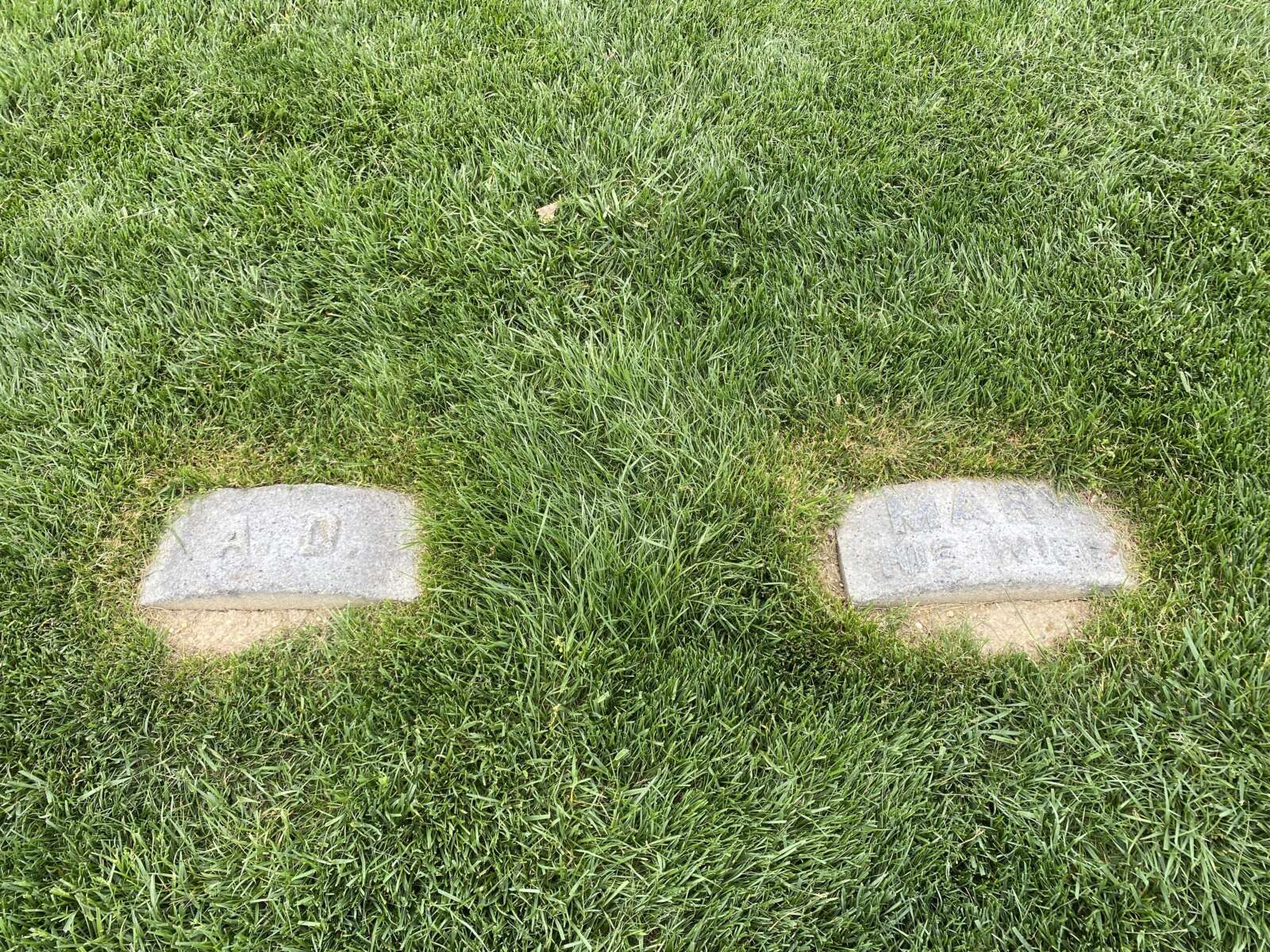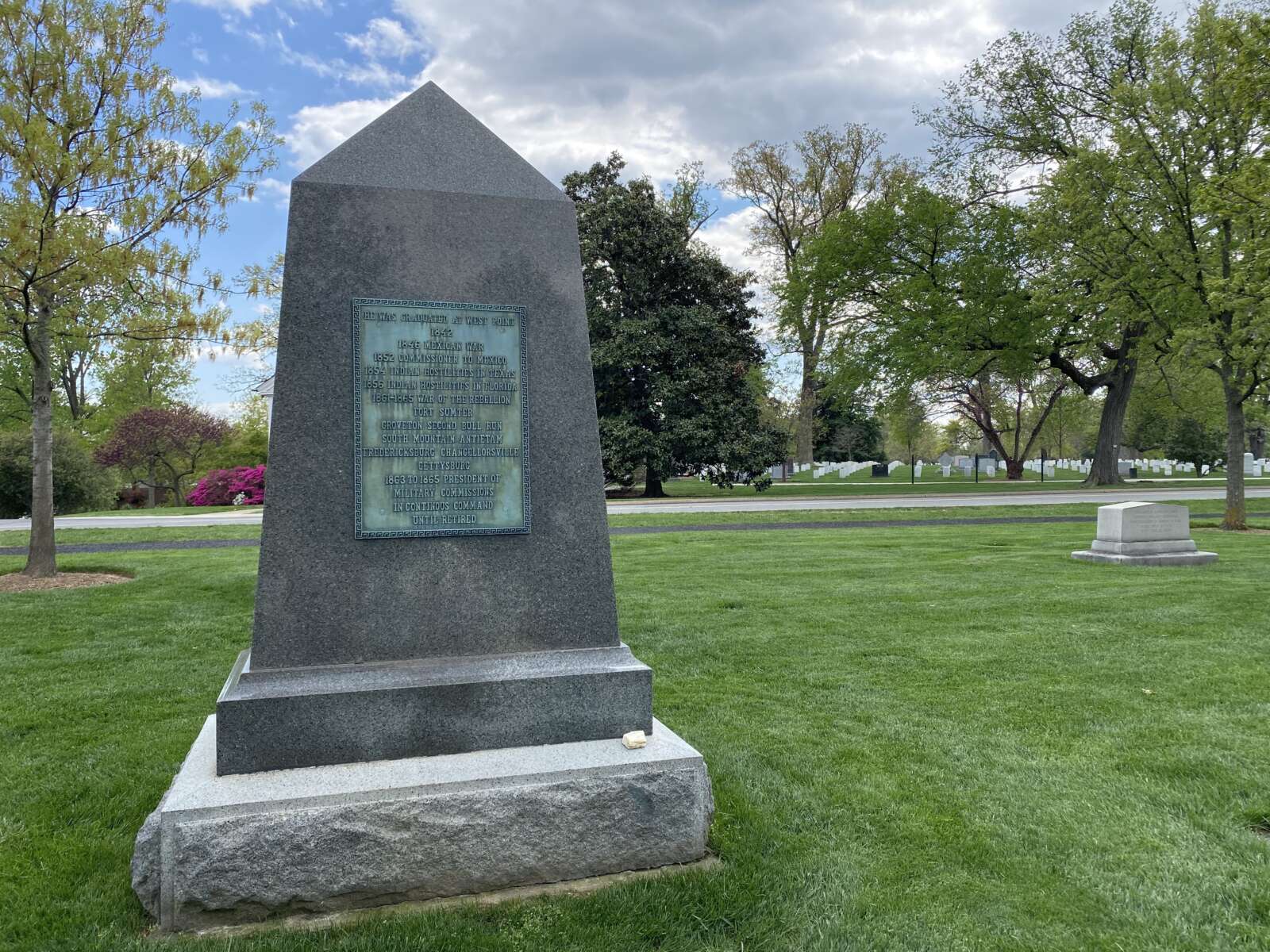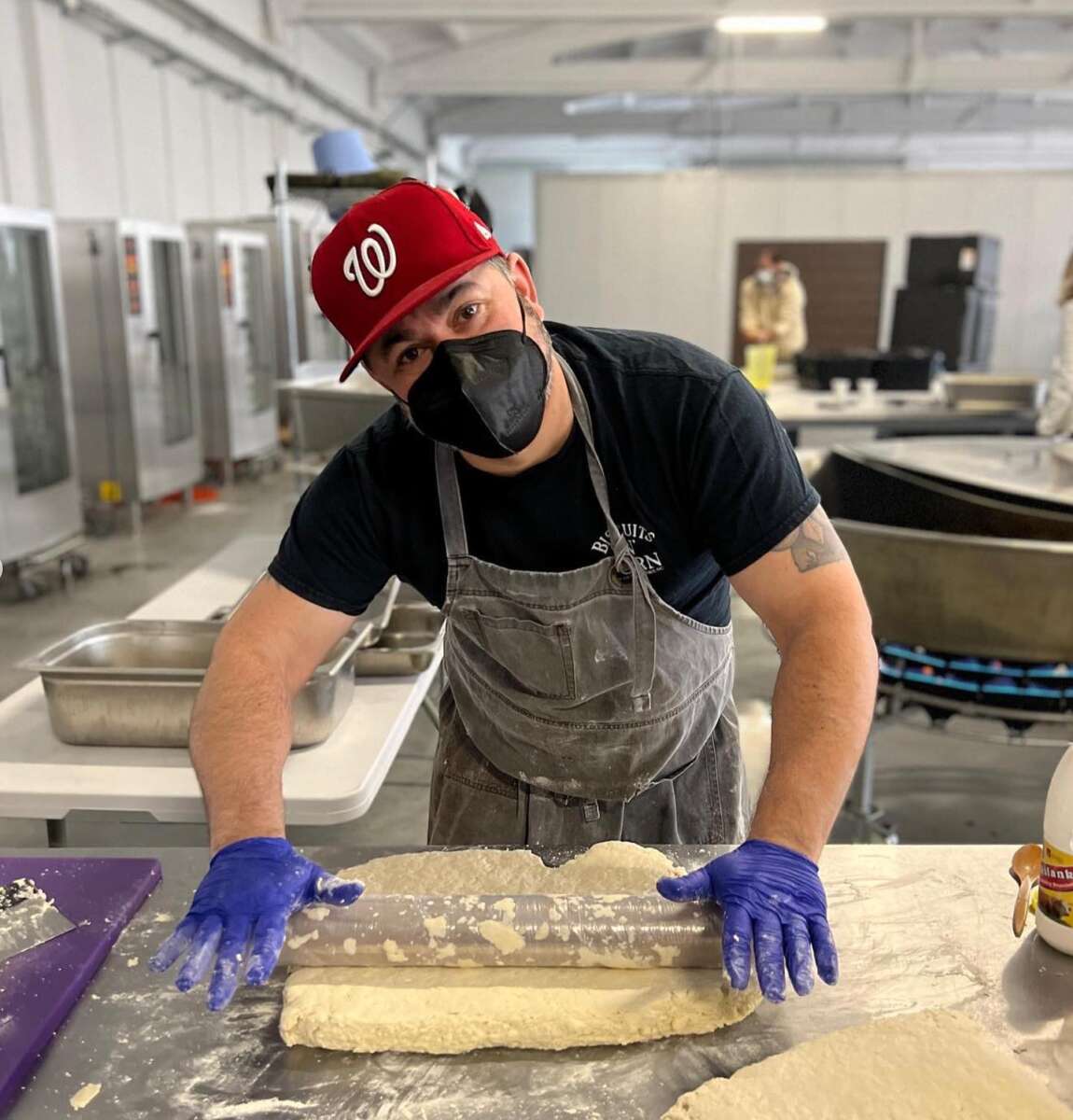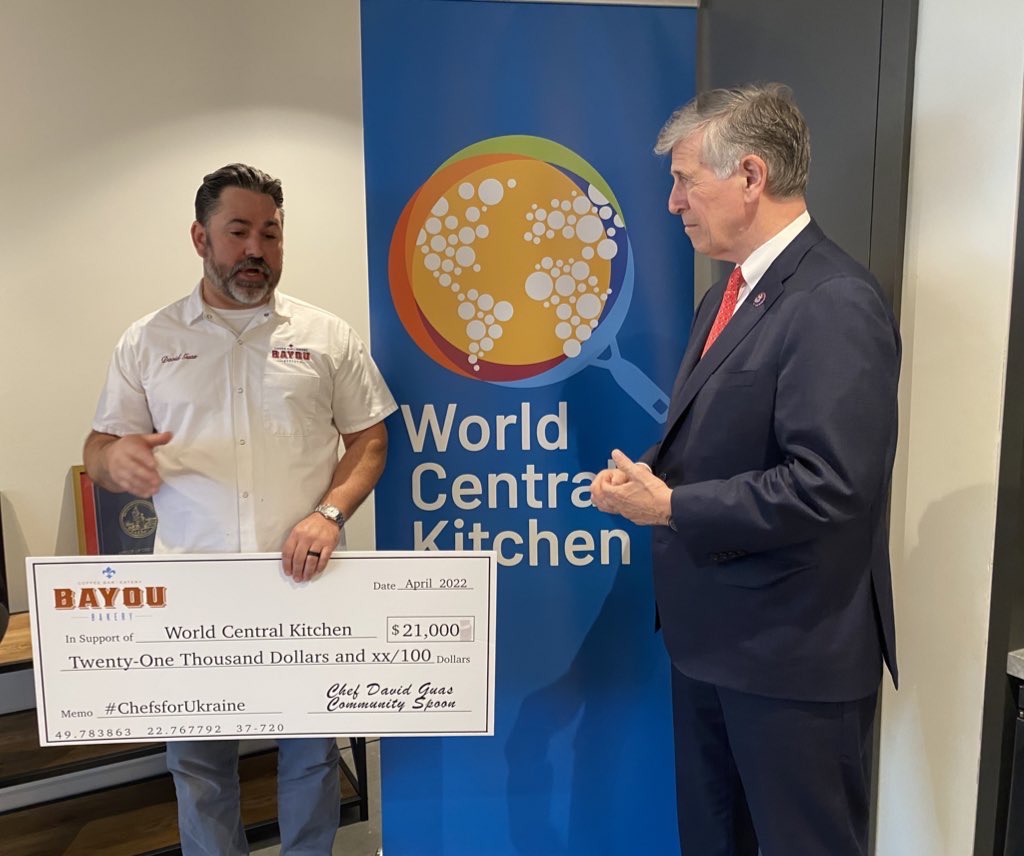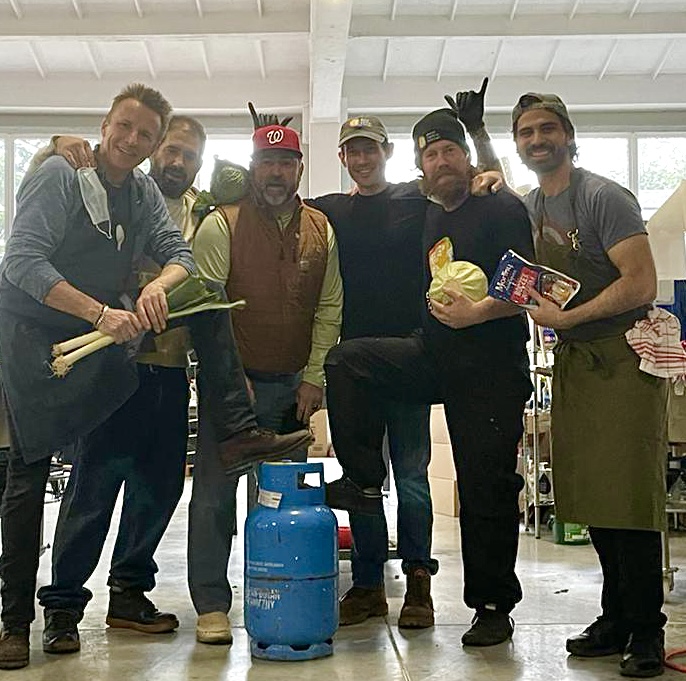
As a waiter at some of the region’s glitzy, famous, and most expensive restaurants, Ballston resident Isa Seyran has seen it all.
Tense political negotiations. Joyous family reunions. Power brokers holding court. Elaborate marriage proposals. A first lady having a great night out.
And now, after more than two decades, Seyran is telling his story about serving others in his new book “Waiter: Reflections and Memories, A Brief History of Washington D.C’s World-Class Dining Scene.”
“Call me crazy. Call me romantic,” Seyran told ARLnow. “But I think there’s something sacred about feeding people.”
Seyran made his way to this country and Arlington 22 years ago. He grew up in a small village in Turkey, always interested in “literature, language, and poetry.” While he says he could have had a fine life there in a “diplomatic career,” Seyran knew that wasn’t for him.
“I wanted to be free. So, I escaped with a one-way ticket and $300,” he said.
And that’s how he landed in the Ballston neighborhood, where he has lived since moving to the U.S.
He calls himself a true “Ballstonian,” throwing out memories like how there used to be a Shell gas station where he washed his car at the spot where The Salt Line is now.

Seyran began working in restaurants, using his charisma, love of people, “genuine smile,” and ability to learn quickly to earn a place working as a waiter, bartender, host, and manager at some of the region’s most well-known eateries.
That includes Zaytinya, Rasika, Bombay Club, Galileo, Fiola Mare, Faccia Luna, and Ballston’s The Salt Line, where he works as a waiter today.
By his estimate, he’s served nearly a half million diners in his career.
Besides working at restaurants, he’s also found time for his “hobby” as an author, playwright, and filmmaker. In 2015, a play he wrote was part of the Capital Fringe festival. Then, in 2019, Seyran’s short film about working in the local restaurant industry was chosen to be part of an Amazon-sponsored film festival.
The new book is an all-encompassing look into his life over the past two decades filled with stories, experiences, and memories.
The point of the book, he said, is not to be “salacious or malicious” about the industry he has worked in, but to provide an “honest account” of what restaurant workers experience on an everyday basis.
“There are people who are the unseen heroes of our industry, the busboys, the managers, and the dishwashers I work with. I thought it would be a nice tribute…writing their stories,” Seyran explained.
That being said, there are a number of anecdotes in the book that may create some good old-fashioned D.C. buzz.
There’s the one about former First Lady Michelle Obama being a “camper.”
Michelle Obama had the night of her life with two of her female friends at Rasika, drinking martinis first, then a bottle of wine, eating a sumptuous meal with appetizer, main course, dessert, masala chai and the whole nine yards. But when her security detail did not eat or drink anything, I lost between seventy and a hundred dollars in the first seating.
Like that was not enough of a loss, Ms. Obama turned out to be what we call in the industry “camper,” a guest who overstayed their welcome, which cost me another hundred dollars in the second seating.
Or how he once got bribed to give up a famed Washington Post restaurant critic’s identity.





